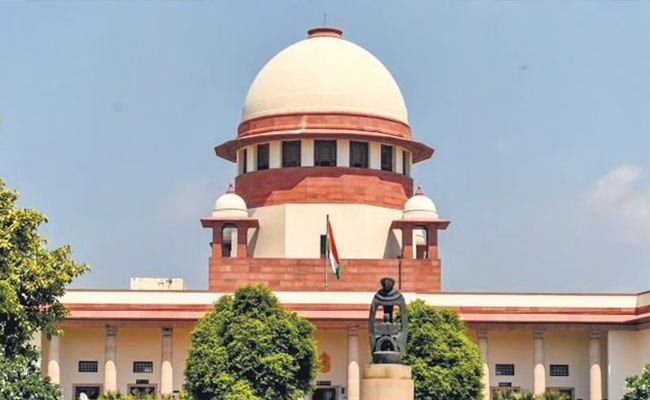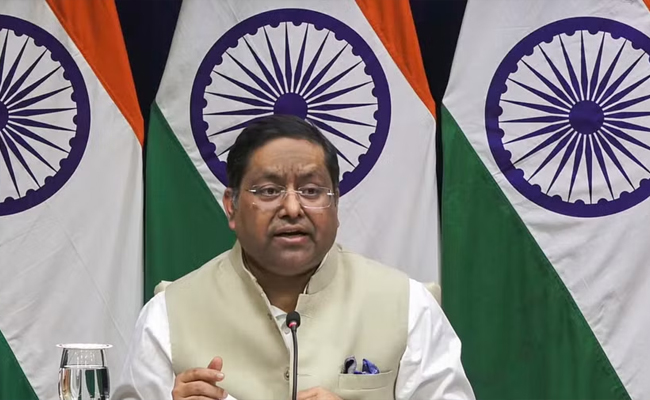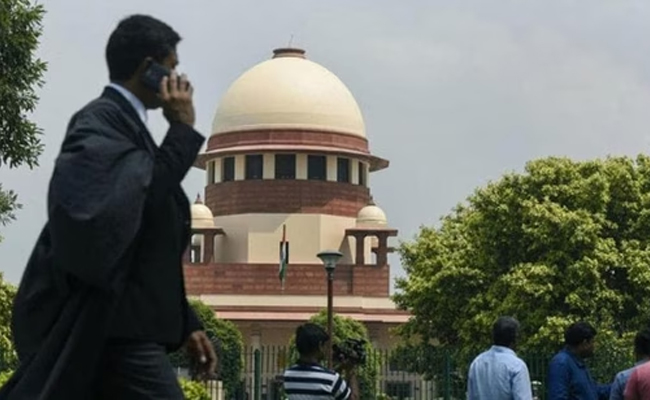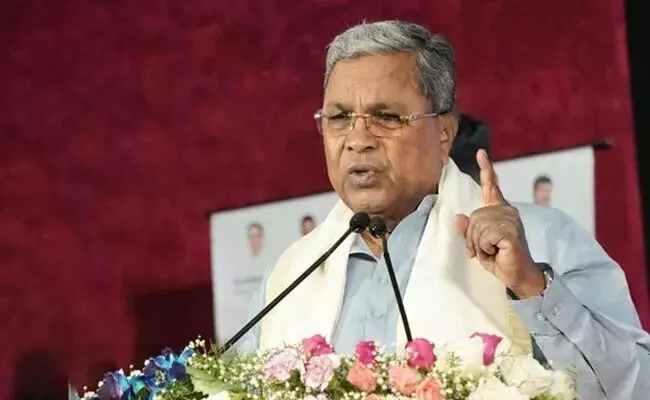Chandigarh, Sep 7: A day after it announced its first list of 31 candidates for the Haryana Assembly polls, the Congress faced rebellion as party leader Rajesh Joon, whose candidature was ignored from Bahadurgarh, on Saturday quit the party and announced to fight as an independent.
The party has fielded sitting MLA Rajendra Singh Joon from the Bahadurgarh seat.
Rajesh was the ticket aspirant from the Bahadurgarh Assembly segment, which is in Jhajjar district.
"I will fight the election as an independent," Rajesh told reporters in Bahadurgarh.
He said that he took this decision after consulting his supporters, who asked him to contest the upcoming assembly polls.
Rajesh said that he would file his nomination papers on September 11, adding he has started his poll campaign for contesting the elections.
He said he was "cheated" as his candidature was ignored and claimed that he was "used and thrown".
Rajesh had unsuccessfully contested the Bahadurgarh Assembly segment as an independent candidate in the 2014 assembly polls. In the 2019 assembly polls, he withdrew his nomination papers in favour of Rajendra Joon.
The Congress on Friday released its first list of 31 candidates for the Haryana Assembly polls, fielding former chief minister Bhupinder Singh Hooda from Garhi Sampla-Kiloi, state unit chief Udai Bhan from Hodal and wrestler Vinesh Phogat from Julana.
Of the 28 sitting MLAs which the party has in the present assembly, the Congress on Friday re-nominated 27 of them while it is yet to declare its Israna seat, from where it has a legislator.
In the 2019 assembly polls, the Congress had 31 MLAs, but later on party legislator Bhavya Bishnoi had joined the BJP and is a legislator from the ruling party.
Polling in Haryana will take place on October 5 while the counting of votes for the elections to the 90-member assembly will take place on October 8.
Let the Truth be known. If you read VB and like VB, please be a VB Supporter and Help us deliver the Truth to one and all.
New Delhi (PTI): Broken relationships, while emotionally distressing, do not automatically amount to abetment of suicide in the absence of intention leading to the criminal offence, the Supreme Court on Friday said.
The observations came from a bench of Justices Pankaj Mithal and Ujjal Bhuyan in a judgement, which overturned the conviction of one Kamaruddin Dastagir Sanadi by the Karnataka High Court for the offences of cheating and abetment of suicide under the IPC.
"This is a case of a broken relationship, not criminal conduct," the judgment said.
Sanadi was initially charged under Sections 417 (cheating), 306 (abetment of suicide), and 376 (rape) of the IPC.
While the trial court acquitted him of all the charges, the Karnataka High Court, on the state's appeal, convicted him of cheating and abetment of suicide, sentencing him to five years imprisonment and imposing Rs 25,000 in fine.
According to the FIR registered at the mother's instance, her 21-year-old daughter was in love with the accused for the past eight years and died by suicide in August, 2007, after he refused to keep his promise to marry.
Writing a 17-page judgement, Justice Mithal analysed the two dying declarations of the woman and noted that neither was there any allegation of a physical relationship between the couple nor there was any intentional act leading to the suicide.
The judgement therefore underlined broken relationships were emotionally distressing, but did not automatically amount to criminal offences.
"Even in cases where the victim dies by suicide, which may be as a result of cruelty meted out to her, the courts have always held that discord and differences in domestic life are quite common in society and that the commission of such an offence largely depends upon the mental state of the victim," said the apex court.
The court further said, "Surely, until and unless some guilty intention on the part of the accused is established, it is ordinarily not possible to convict him for an offence under Section 306 IPC.”
The judgement said there was no evidence to suggest that the man instigated or provoked the woman to die by suicide and underscored a mere refusal to marry, even after a long relationship, did not constitute abetment.





